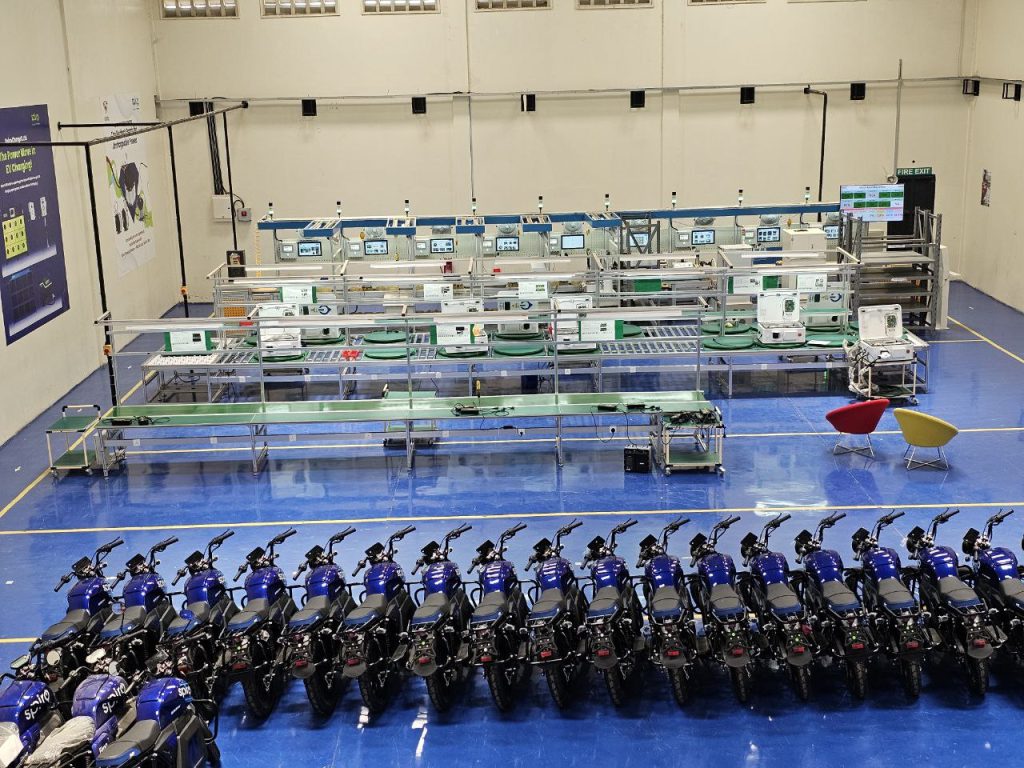There are now fears the world is teetering on the brink of a recession after horror new data from the US sent chills around the globe. But the pain is set to get even worse for western economies after the US recorded the highest rate of inflation since 1981 — stoking fears the global economy is slowly falling into a recession.
The war in Ukraine hasn’t helped. Venture capital is drying up, the capital markets are tightening and conditions look bleak.
As an entrepreneur, it is difficult to run a business let alone in conditions that don’t bode well for companies that operate on thin margins, or worse still, losing money.
As an entrepreneur, how do you survive the next few years?
In the words on Tim Ferris, the author of 4 Hour Working Week: “earn dollars, compensate in pesos.” You want to squeeze every second and every cent out of your day as much as possible.
The great remote work experiment has shone a light on outsourcing as a technique to reduce costs. Companies globally have allowed workers to set up at home, and the initial results were surprising.
There was a growing trend towards remote working arrangements even before COVID-19 made it an inescapable reality. Now entrepreneurs and managers are looking abroad, given the rules of working remotely have been tested. The prospect of reducing cost by hiring staff in jurisdictions like the Philippines where labor costs are low and education rates are high has become more appealing.
Winston Ong, CEO of BruntWork recommends starting with a Philippines virtual assistant and then working through your staff list to see which roles can be sent offshore. Cultural integration is a critical factor to consider. There are numerous cultural barriers that must be overcome but Filipino virtual assistants are used to working for western clients.
Virtual assistants in the Philippines have the most Western influenced culture in Asia. Their educational system is similar to that of the United States, and English is their second language as well as the language of business and government.
Strategies for companies to avoid rising costs
Outsourcing is the fastest way to reduce opex in a recessionary environment. “Entrepreneurs are switched on to the outsourcing paradigm and they are increasingly looking at moving offshore as they continue to struggle with local hires. In the current environment, workers seem to be moving jobs and asking for more pay at an alarming rate, and who could blame them.” said Winston Ong, CEO of BruntWork.
“BruntWork is placing 200-400 roles a month in the Philippines who help companies realize 70% cost savings for roles like customer support, telesales and web development,” Ong stated.
Outsourcing alone won’t avoid recession. The World Bank hopes that supply chain operations and production around the world will resume to normal levels soon, but perhaps the genie is already out of the bottle.
Benefits of outsourcing
Now that work from home has become normal, companies can create policies and procedures to make it seem like an office set-up. Ong states “ I really think, it’s going to be tough for employers to accept giving choice, that this is all going to eventually become the new normal with more rigid work arrangements that just look different from what it used to be. Outsourcing will be a key part of any organization’s plans for staying efficient and flexible while the economy starts to crater.”
Whether or not the World Bank’s prediction comes true, thoughts of recession will compel management to consider outsourcing as a way to prepare for an uncertain future.
Author: Jennyfer Ann Valencia


















